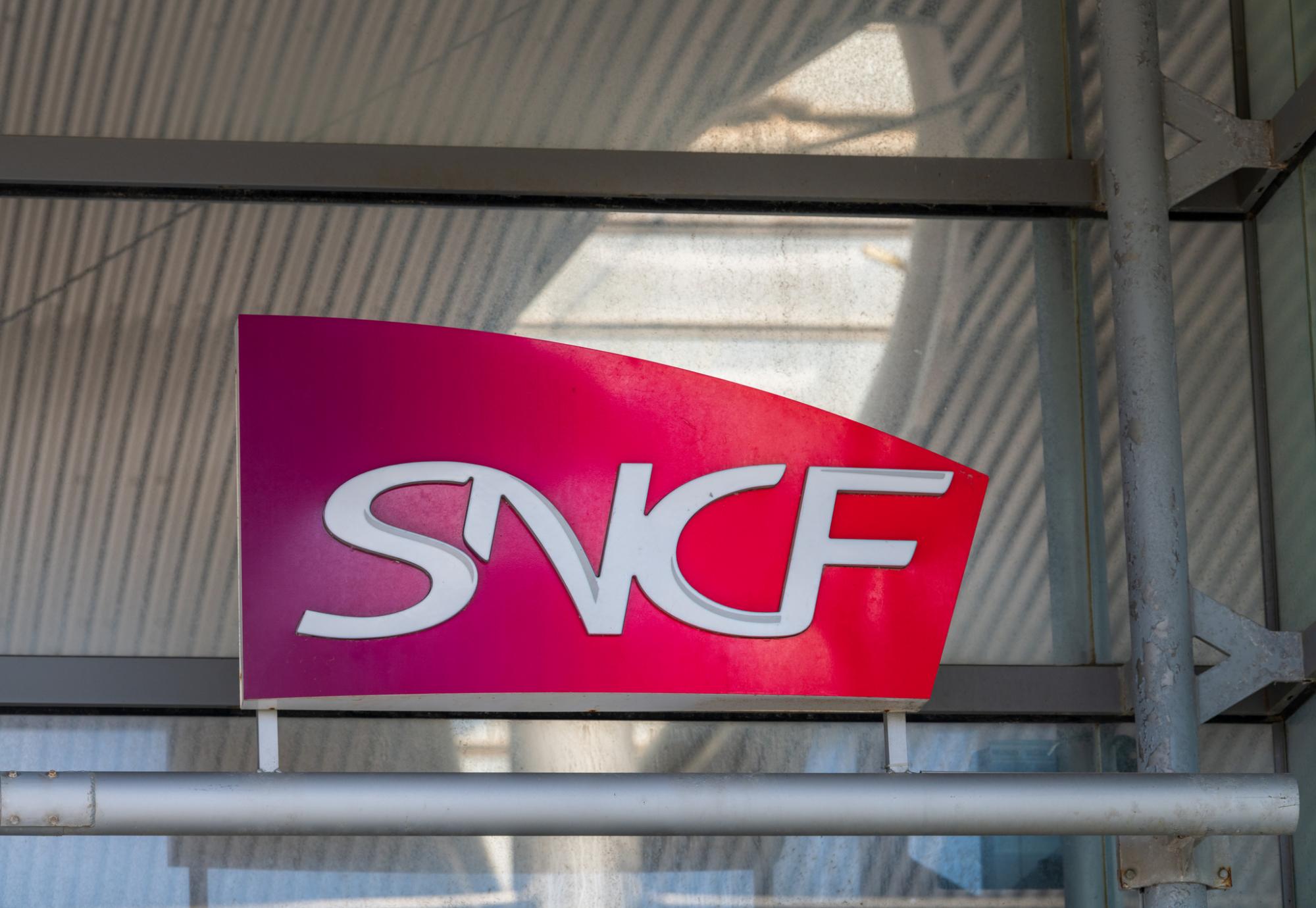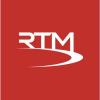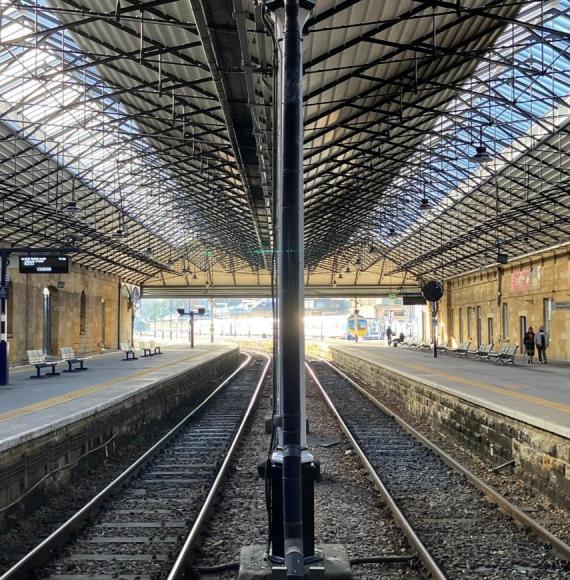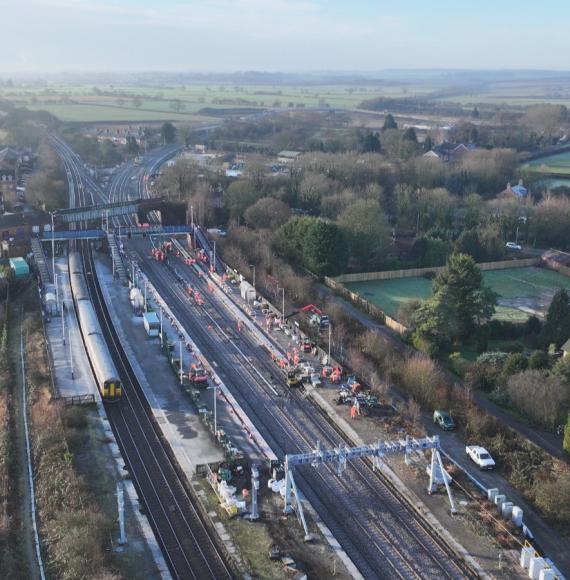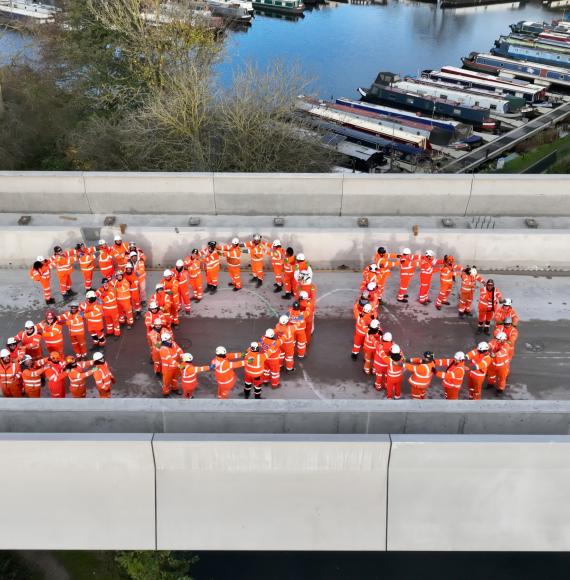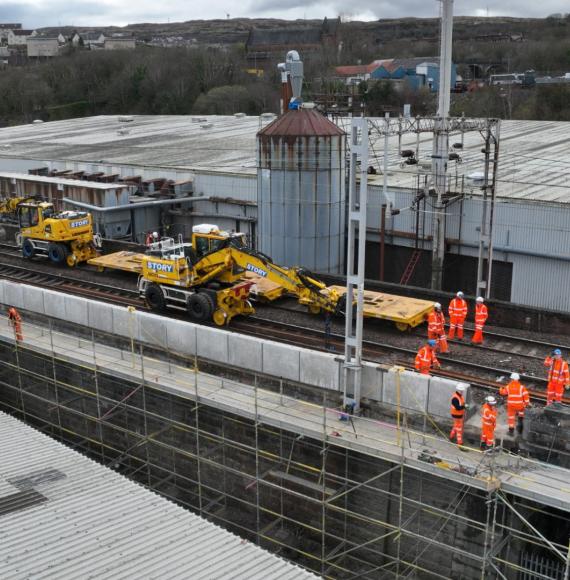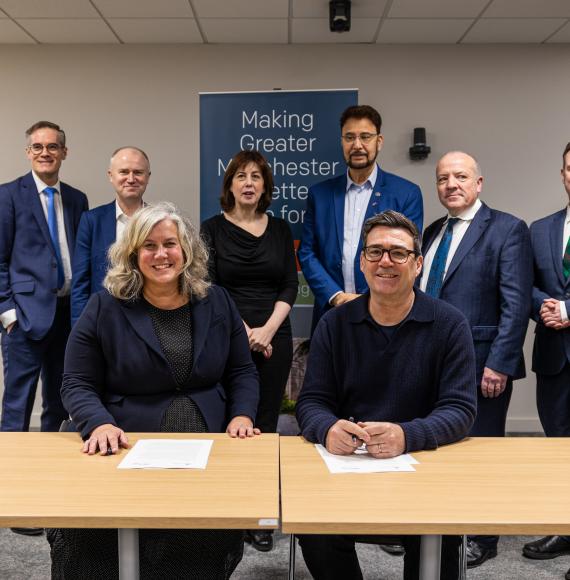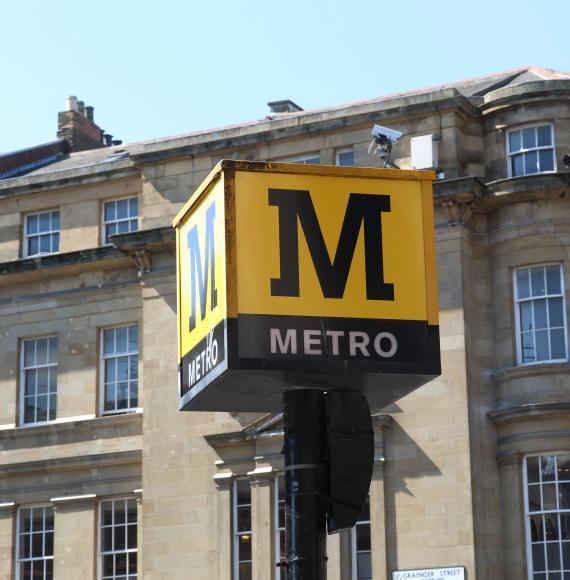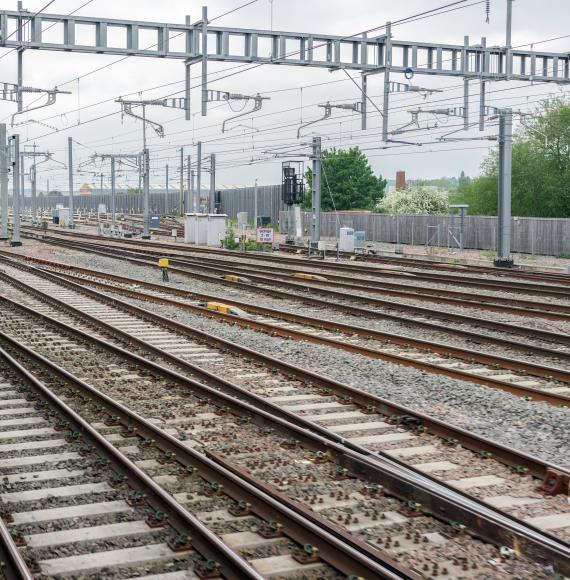The French rail operator SNCF Voyageurs has placed an order with CAF for 22 additional Intercités trains, branded as Oxygène, to serve the Bordeaux-Marseille route. This new order supplements the 28 trains previously contracted in 2019 for the Paris-Limoges-Toulouse and Paris-Clermont-Ferrand lines. The initial contract included an option to extend the supply by up to 75 additional trains. The latest agreement, valued at over €400 million, is financed by the French State, which oversees the TET network (Trains d'Équilibre du Territoire). This network connects major French cities with medium- and long-distance trains that are not served by high-speed rail.
Enhanced Passenger Experience
The Oxygène trains are designed to offer a superior passenger experience, with a total capacity of 420 seats—317 in second class and 103 in first class. The seats are both comfortable and ergonomic, featuring integrated backrests inspired by the original Corail train seats from 50 years ago. Passengers will also benefit from LED reading lights, power sockets, USB ports, and high-speed WiFi. The trains feature wide corridors for easy movement, dedicated bicycle spaces, ample luggage storage, and a catering area.
Boost for CAF's Reichshoffen Plant
The 22 new trains will be manufactured at CAF's facilities in Alsace, where the majority of the initial 28 trains are already being produced. This new order will significantly increase the workload at the Reichshoffen plant through to 2029. The plant, with a 250-year history in industrial and railway operations, employs 740 people and includes an engineering and design department with over 130 engineers and technicians. The plant's flexible industrial capacity and vehicle testing facilities make it a key asset for CAF.
Ongoing Validation and Compliance Testing
CAF is currently conducting a series of tests at the Velim test track in the Czech Republic to validate the design and performance of the Oxygène trains. These tests aim to ensure compliance with national and European railway standards. Meanwhile, production continues at the Beasain and Reichshoffen plants. The French rail network will begin approval tests in autumn 2025, lasting several months. From 2026, Oxygène trains will undergo real-world testing on the Paris-Clermont-Ferrand and Paris-Limoges-Toulouse lines. Upon successful completion of these stages, the rail safety authorities will issue the necessary authorisation for commercial service.
Image credit: iStock

